Albert Steinrück
Nascimento : 1872-05-20, Bad Arolsen, Germany
Morte : 1929-02-10

Lensky

Based on the play and subsequent operetta of the same name.

Froyant
Police battle against a gang of blackmailers known as The Crimson Circle.
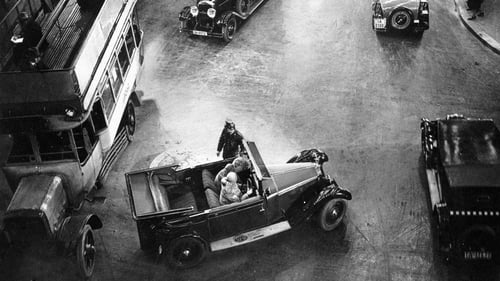
Hauptwachtmeister Holk
One of the last great German Expressionist films of the silent era, Joe May’s Asphalt is a love story set in the traffic-strewn Berlin of the late 1920s. Starring the delectable Betty Amann in her most famous leading role, Asphalt is a luxuriously produced UFA classic where tragic liaisons and fatal encounters are shaped alongside the constant roar of traffic.
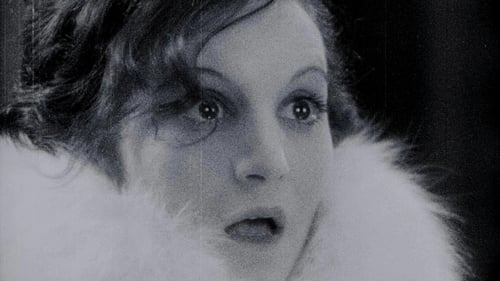
Von Dorsday
While staying with her aunt at a fashionable spa, Else receives an unexpected telegram from her mother, begging her to save her father from debtor’s jail. The only way out, it seems, is to approach an elderly acquaintance in order to borrow money from him. Through this telegram, Else is forced into the reality of a world entirely at odds with her romantic imagination – with horrific consequences.

Handwerker
A handsome barber in Sweden doesn't know he's actually the Crown Prince of a Balkan kingdom in this charming Swedish-German comedy that effortlessly weaves together multiple Ruritanian tropes.

Kallborn, Wirt

Leyendecker

Rabbi Süß

Der Mueller
A mill situated on the border between two unnamed countries and the residents therein become pawns in a future war.

Paul Schröder
"Girls for Sale!" - White slavers lure young girls to Rio de Janeiro by promising them jobs as showgirls and nightclub singers, then force them into prostitution.

Kommerzienrat Enzenberg
Children's Souls Accuse You is a 1927 German silent drama film directed by Curtis Bernhardt and starring Albert Steinrück, Nathalie Lissenko and Walter Rilla. It was made with an anti-abortion theme.

Film by Richard Oswald.

Forstmeister von Rüdiger

Der Gutsvogt
The story of Brennende Grenze (= Burning Border) starts after the end of WWI. Polish franctireurs invade the German bordering regions which are to be given to Poland as agreed on in the post-war peace treaties. Luise von Willkühnen's manor is invaded by Ladislaus von Zeremski, his lover Nadja and their gang. They treaten the inhabitants until Luise's son kills Zeremski.

Bronsa
Directed by Aleksandr Razumnyj.

Mason
Lord Ernest Clifton lives with his beautiful wife, Gladys, at Easton Lodge. He has lost immense wealth in the lap of his uncle's death. One day Lord Clifton receives a mysterious package with an even more mysterious letter from his uncle. Three cuckoo clocks that strike only once a month should show him the way to find the second part of the pot of gold buried somewhere. Ernest's thirst for adventure only awakens and waits for the first cuckoo clock to mark the room number of a hotel in Cairo, where the second cuckoo clock hangs.

Baseado numa peça de Henrik Ibsen.

Kuno von Giech

Floris

Judge Brack
Silent adaptation of the famous play by Henrik Ibsen. This film is believed to be lost.

Philipp Steinherr

Priamos
Helena is a 1924 German silent drama film directed by Manfred Noa and starring Edy Darclea, Vladimir Gajdarov and Albert Steinrück. The film was based on the poem the Iliad by Homer. It was released in two separate parts: The Rape of Helen and The Fall of Troy. It was produced by Bavaria Film at the Emelka Studios in Munich. The film was made on an epic scale with thousands of extras, and large sets which rivalled those of the larger Berlin-based UFA.

King Algarve
A Saracen sultan's disguised son loves an amnesiac Moslem princess.

Werber
The proprietors of a small inn on the Italian coast suddenly have to cater for a company of conscripts on their way to a nearby port. One of the sergeants recognizes Resa as a former "camp-follower". When her husband hears of this he becomes insanely jealous and decides to join the company.
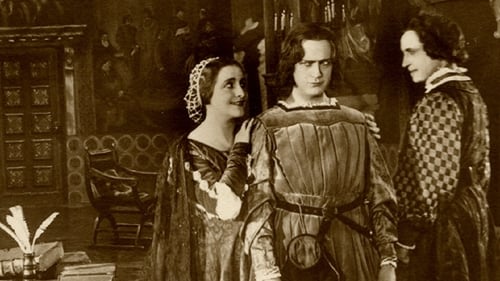
Tubal
The film "Der Kaufmann von Venedig" ( The Jew Of Mestri ) was written, produced and directed by Peter Paul Felner in the silent year of 1923 and is a free adaptation of "Merchant of Venice" written by Herr William Shakespeare. It is an elegant and expensive German film production that was shot on location in beautiful and decadent Venice with some of the most important Teutonic actors of the time: Henny Porten, Harry Liedtke und Werner Krauss and even the mysterious Max Schreck.

A couple, Hasia and Otto, are brought together by their loss of wealth and status as the imperial era ends, but torn apart by an unusual offer from a wealthy man. The man wishes Otto to marry his daughter, as Otto bares a striking resemblance to his daughter's fiancee who was killed in WWI. In exchange, Otto will want for nothing.

Svetocar Badalic, Master Foundryman
On the surface a straightforward tale of the search for a buried treasure, the film is a textbook example of German expressionism, with the passions of the protagonists conveyed as much through symbolism as action.

Andreas Buonacorsi

Lebedow, Reitknecht
This anti-communist propaganda film discusses the revolutionary curse of communism in the Soviet-Union shortly before and after the fall of czardom in Russia, told from the point of view of Belarusians in exile. Anti-communist copy in color which has been discovered, restored and printed by the Royal Belgian Filmarchive.

Friedrich Wilhelm I.

Directed by Arzén von Cserépy.

Stromminger ( Höchstbauer )
"The Bear Joseph", so named because of a fight with a bear, is rescued by Wally, a farmer's daughter, from a dangerous situation in a vulture's nest. He then calls her "Geierwally". They fall in love. Wally's father disapproves of this romance. He has other plans for Wally.

Andreas
The drama begins when handsome Johannes Riemann (as Richard de la Croix) is summoned to an asylum, to check on insane brother Alfred Abel (as Andreas de la Croix). As we see in a later flashback, the alluring Pola Negri (as Sappho) left the innocent Mr. Abel, a lowly engineer, for his well-heeled boss Albert Steinrück (as George Bertink); this helped drive Mr. Abel insane. Presently, when Mr. Riemann finds Ms. Negri, she leaves Mr. Steinruck and moves in with Riemann.

Zirkusdirektor Mortera

General Braticzek

Max Modersohn

The Closed Chain (German: Die geschlossene Kette) is a 1920 German silent film directed by Paul L. Stein and starring Pola Negri, Aud Egede-Nissen, and Carl Ebert.
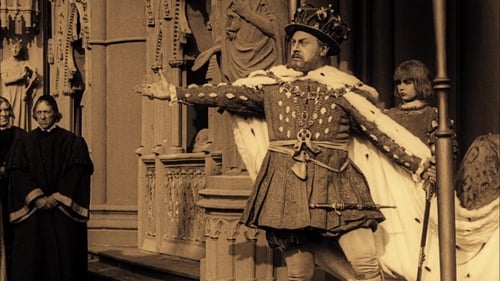
Segunda esposa de Henrique VIII, Ana Bolena teve forte influência como rainha da Inglaterra. O filme de Ernst Lubitsch utiliza muitas das técnicas de linguagem que caracterizaram o expressionismo alemão.

Pedro Crespo
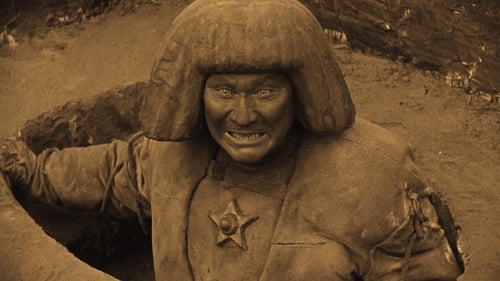
Rabbi Loew
Em meados do século 19, uma comunidade judaica da cidade de Praga é ameaçada por um decreto do imperador. Na tentativa de salvar seu povo da desgraça, o Rabino Loew dá vida a um Golem.

The film was an epic portrayal of the life of Catherine the Great of Russia.

A friend sacrifices himself, taking the blame for a murder upon himself. A guilty conscience will end up killing the real culprit.


















